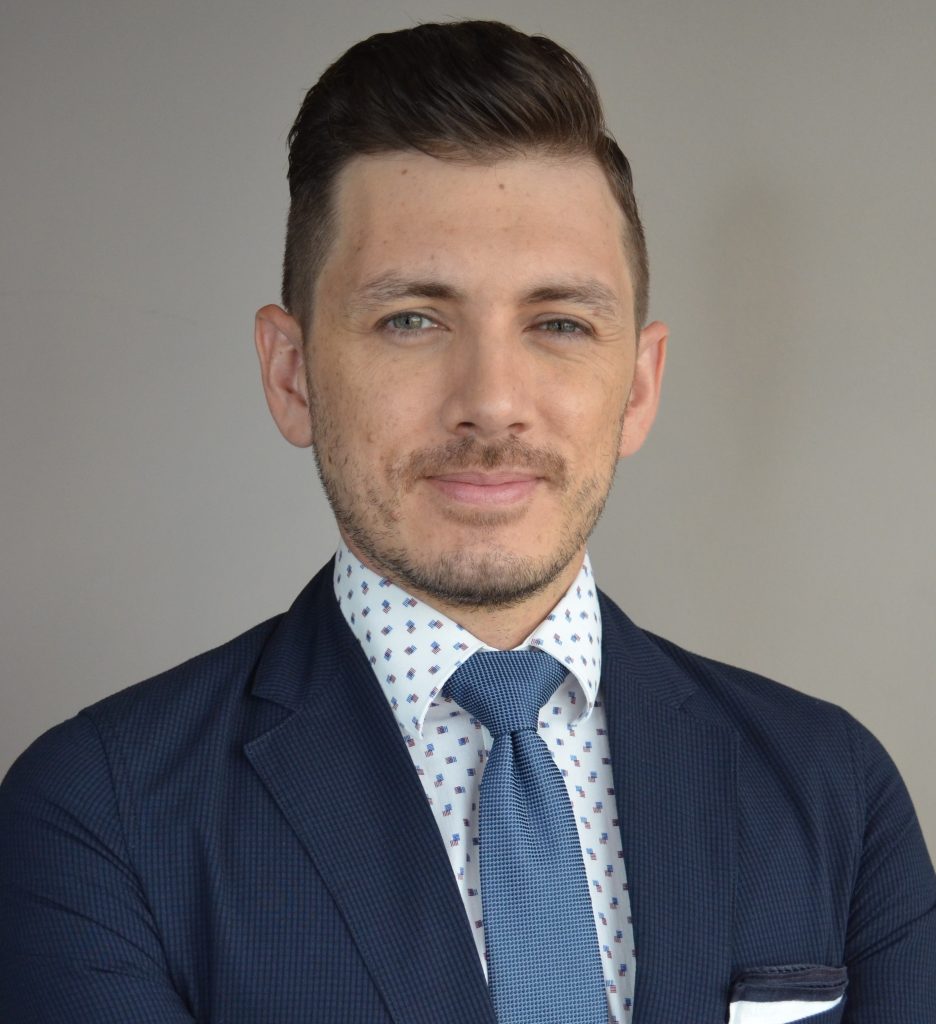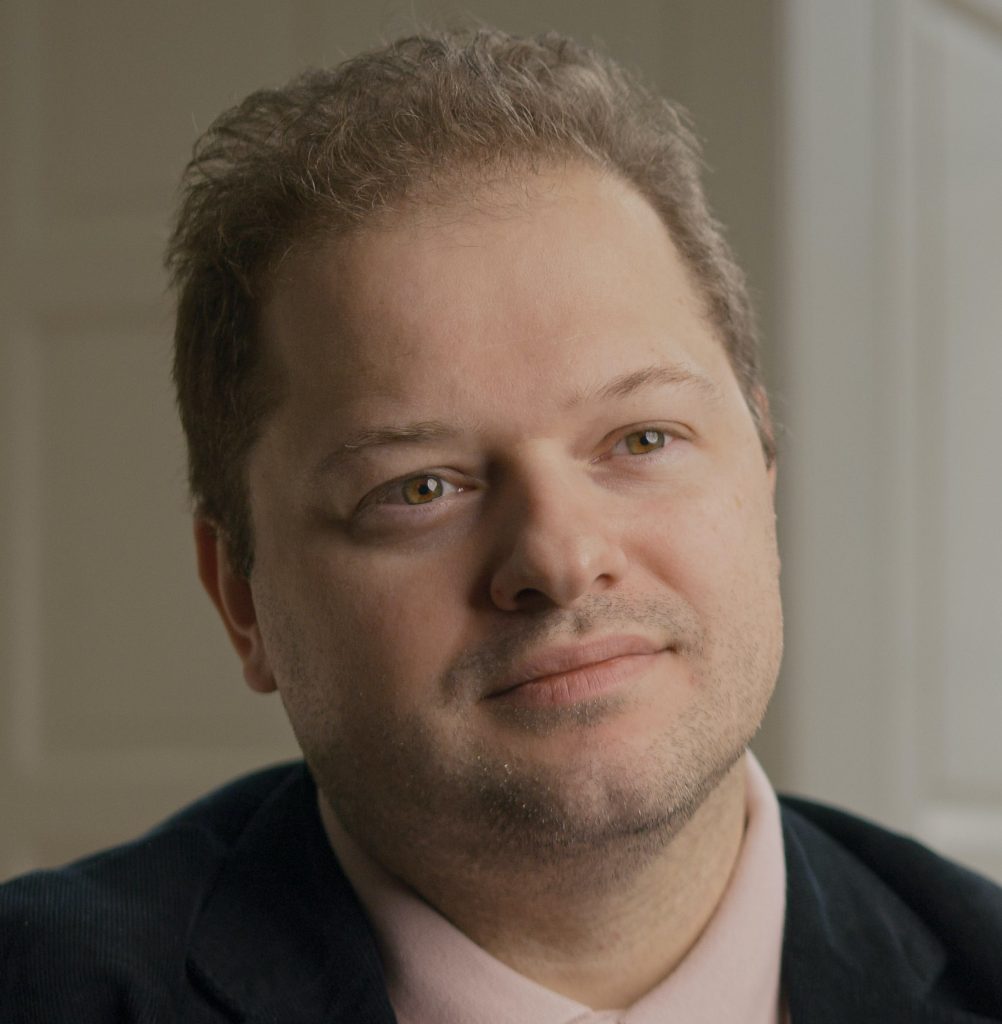Theological Perspectives on the Document Dignitas Infinita

Rev. Thomas Massaro, S.J., is Professor of Moral Theology at Fordham University in New York City.
As a Catholic theologian and a Jesuit priest, I noticed two sets of immediate reactions within the Roman Catholic community to the teaching document Dignitas Infinita. This 15,000-word declaration of the Vatican’s Dicastery for the Doctrine of the Faith was released on 8 April 2024, timed (roughly so, as is often the case with Vatican promulgations) to commemorate the 75th anniversary of the Universal Declaration of Human Rights, one of the founding documents of the United Nations.


